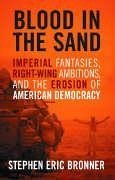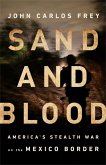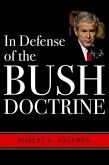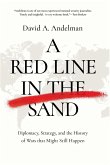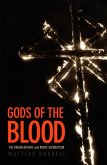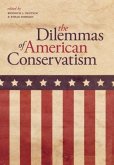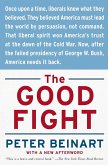In 1941, the fortress city of Terezin, outside Prague, was ostensibly converted into model ghetto, where Jews could temporarily reside before being sent to a more permanent settlement. In reality it was a way station to Auschwitz. When young Gonda Redlich was deported to Terezin in December of 1941, the elders selected him to be in charge of the youth welfare department. He kept a diary during his imprisonment, chronicling the fear and desperation of life in the ghetto, the attempts people made to create a cultural and social life, and the disease, death, rumors, and hopes that were part of daily existence. Before his own deportation to Auschwitz, with his wife and son, in 1944, he concealed his diary in an attic, where it remained until discovered by Czech workers in 1967.
Bitte wählen Sie Ihr Anliegen aus.
Rechnungen
Retourenschein anfordern
Bestellstatus
Storno

